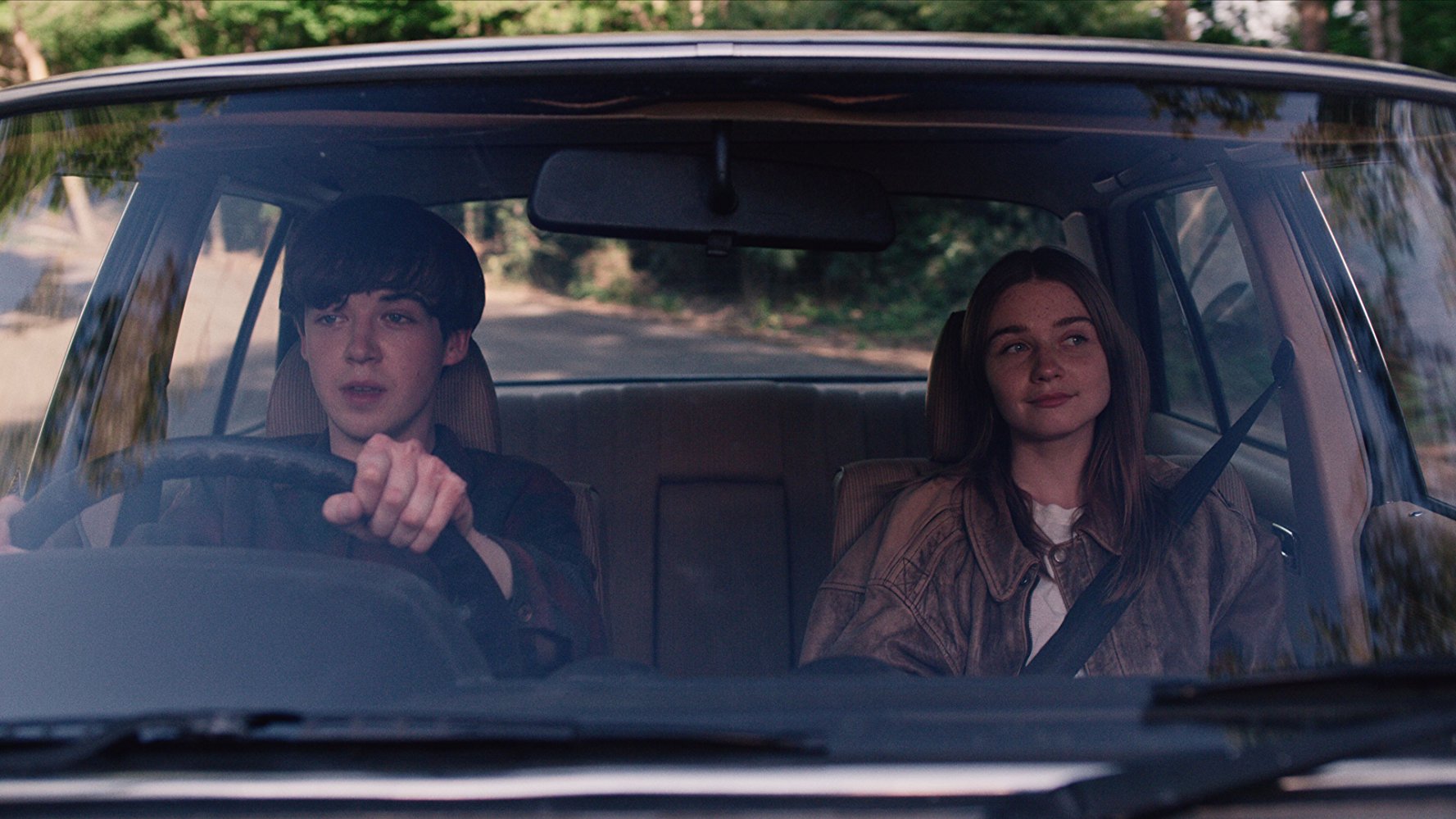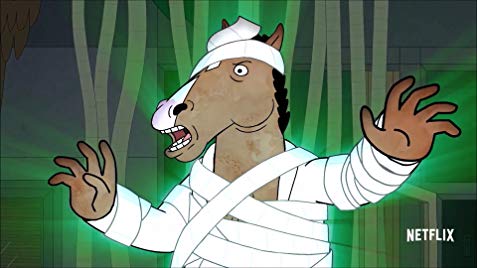 Thirty years after the execution of serial killer, Ted Bundy, Netflix brings the monster out from under the bed with “Conversations with a Killer: The Ted Bundy Tapes.”
Thirty years after the execution of serial killer, Ted Bundy, Netflix brings the monster out from under the bed with “Conversations with a Killer: The Ted Bundy Tapes.”
Through archival footage and audio recordings from death row, director Joe Berlinger brings a notorious American figure back to life. What follows is a disturbing analysis of one of the first significant serial killers, as well as the sensationalist media circus that followed him until his death.
The documentary’s strongest asset is its execution. The director made the wise decision of interviewing attorneys and other legal representatives for the duration of the series.
Many true crime documentaries focus on former investigators and personal associates, but in that process, they risk-glorifying both the crimes and the killer’s humanity.
The docu-series also benefits from its stylization and editing. The narrative is predominantly told through both recordings and archival footage of Ted Bundy. The timeline jumps between key events while mirroring Bundy’s inconsistent monologuing. The documentary also utilizes extensive footage from the 1970s to capture the sociopolitical climate of its time, particularly the women’s liberation movement.
Not only is it refreshing to watch a true crime documentary without overdramatic narrations and reenactments, but it also acts as a time capsule into a volatile era and how one man took advantage of it.
Don’t watch “Conversations with a Killer: The Ted Bundy Tapes” alone. Trust me on this one.
— Netflix US (@netflix) January 25, 2019
The recordings are as chilling as one would expect. The advertising initially presented Ted Bundy’s role in his crimes as the work of a split personality. Thankfully, the documentary does not force histrionic comparisons such as the one above.
The best way to describe the progression of Bundy’s mental state is a bug cracking out of its cocoon. The rips in Bundy’s façade become apparent as the series progresses. His childhood and political aspirations give way to a dark underscore within his thinking. A seemingly benign statement then becomes a horrific discovery given the context of his crimes.
For more squeamish viewers, the archives do not shy away from the details of Bundy’s crimes. However, it never felt so gruesome that it distracts the audience from the initial premise.
Something questionable about this documentary is Joe Berlinger also directed “Extremely Wicked, Shockingly Evil, and Vile,” a black comedy thriller starring Zac Efron as Bundy himself. The goal of most infamous killers, such as Bundy, is to gain attention and control of the narrative. The concept of “Extremely Wicked” feels decorated and borderline exploitive. With the knowledge that Joe Berlinger directed both films, it calls into question his intentions behind this documentary. It does not derail his efforts, but it is something audiences should discuss when his other project arrives in theaters this year.
“The Ted Bundy Tapes” will not go down in the annals of fantastic documentaries, but as true crime binge-watching goes, it is a lurid tale of murder and the notoriety that follows years later.








